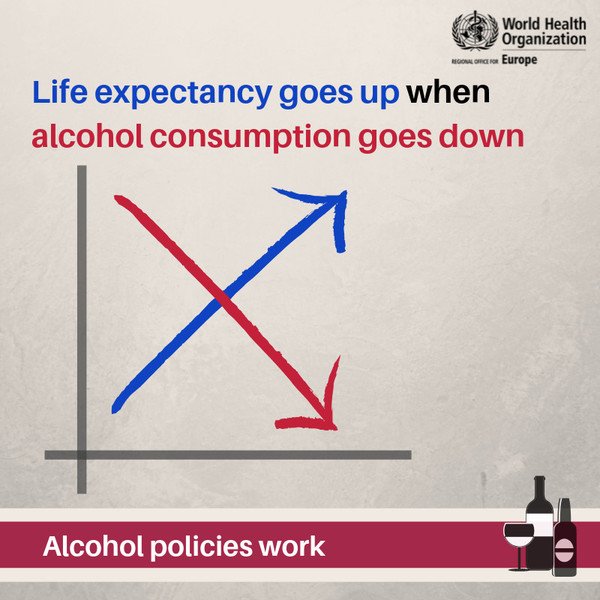UN agencies are working with the authorities in Sudan to protect more than one million people from cholera, an infectious disease which can kill within hours if left untreated.
So far, there have been 215 confirmed cases, including eight deaths, since an outbreak was declared in Blue Nile state on 8 September.
The World Health Organization (WHO) and the UN children’s fund, UNICEF, will support an oral cholera vaccination campaign aimed at covering 1.6 million people there and in neighbouring Sinnar state.
The first round is expected to start in mid-October, targeting everyone above one year of age, including pregnant and lactating women.
“Sudan has bad health infrastructure and a dilapidated safe water and sewage system. Re-occurring floods have further led to polluting water sources. All of these factors heighten the risk of cholera and other diarrheal diseases and threaten to cause a wide spread if no immediate response interventions are not adopted”, WHO Spokesperson Tarik Jasarevic said in Geneva on Tuesday.
WHO, alongside UN agencies and local and international partners, also are preparing to respond to potential outbreaks in six other at-risk states in Sudan.
Some $10 million to $15 million will be needed to contain the outbreak in the coming months to address issues such as health, safe water, safe nutrition and access to quality care services, in addition to mobilizing communities and youth.
WHO recalled that nearly 37,000 cases of cholera and/or Acute Watery Diarrhoea were recorded in 18 states in Sudan between August 2016 and March 2018. Overall, 823 people died, 15 per cent of whom were children under-five. The UN health agency is using lessons learned from the 2016-2018 outbreak to inform current preparedness and response measures.
Cholera is caused by ingesting food or water contaminated with a bacterium called Vibrio cholorae, resulting in watery diarrhoea and severe dehydration.
The disease is preventable and can be eliminated through provision of clean water and sanitation facilities, combined with satisfactory hygiene conditions, according to WHO information.
1 October 2019






